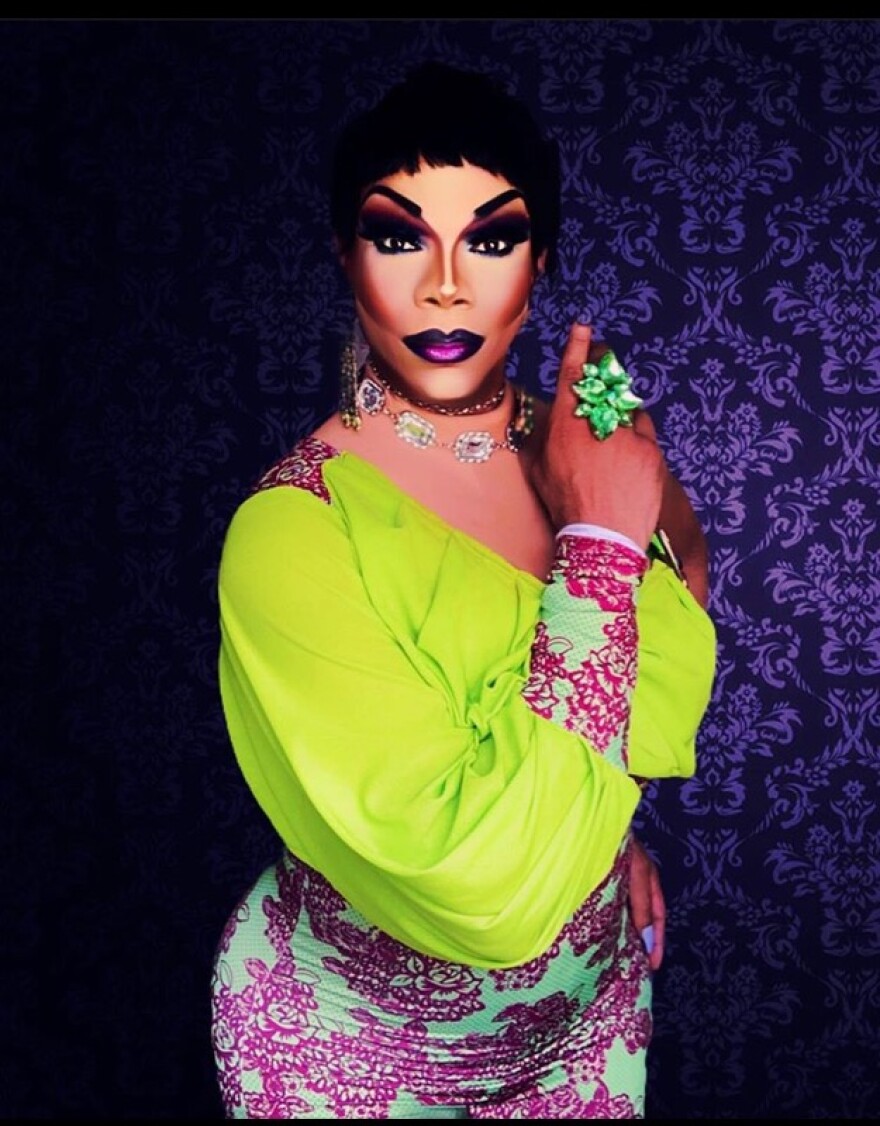51 years ago this month, police raided a gay bar in New York City called the Stonewall Inn. During the raid, patrons fought back when police got violent, and several days of riots followed.
The next year, the LGBTQ+ community commemorated those riots with a parade. Since then, Pride has been celebrated in June in honor of the first riot at Stonewall.
This year’s Pride in the Capital Region is different.
Because of the pandemic, organizers of Michigan Pride in Lansing have cancelled any in-person celebrations, but Pride also comes at a time when people across the country are protesting racial injustice and police brutality.
Tone Fields is an activist and drag performer based in Grand Rapids.
WKAR's Sophia Saliby spoke to him about the intersection of Pride and protests.
Interview Highlights
On Why He Transitioned To Being A Full Time Activist After George Floyd's Death

I think for me it was just that enough was enough. We already had seen Ahmaud Arbery [and] his murder basically be covered up, and then to have to see Breonna Taylor, you know, her story get covered up and then we see George Floyd all over the news [and] on social media. It was just that straw that broke the camel's back, I think for me, and I think that it's best to start in your own community. So for me, it just made sense to go out and protest and really get active.
On What Pride Means To Him
Pride means owning my blackness and owning my gayness. It's funny, people have decided not to wear pride colors this year and wear black [instead]. I say I wear my black every day. For me, it's my badge of honor. It's that marking that lets people know hey, this is who I am. And I stand in it, and then I own it. I'm proud of it.
Pride means owning my blackness and owning my gayness.

On The Legacy Of Pride As A Riot
I think you couldn't have one without the other. The fact that pride was a protest and will always be a protest, I think they both go hand in hand. You have to give credit to people like Marsha P. Johnson who paved the way for us today. And although they made a lot of progress, we still have so much further to go. So, I feel as though they're with me when I'm protesting, and they're right there with their their flags and their signs marching right along with me with pride.
On Why He Feels Called To Run For Local Office
For me, especially in West Michigan, there seems to be a lack of black representation in political office. And I think that, especially with LGBTQ people, we need to get our voices heard. Especially being black and LGBTQ, we're a very silenced people. And if I can get in there and do one little part, I think that maybe that can bring about more change and maybe encourage others to want to do the same because it starts with us and it starts at home.
This interview has been edited for clarity and conciseness.


